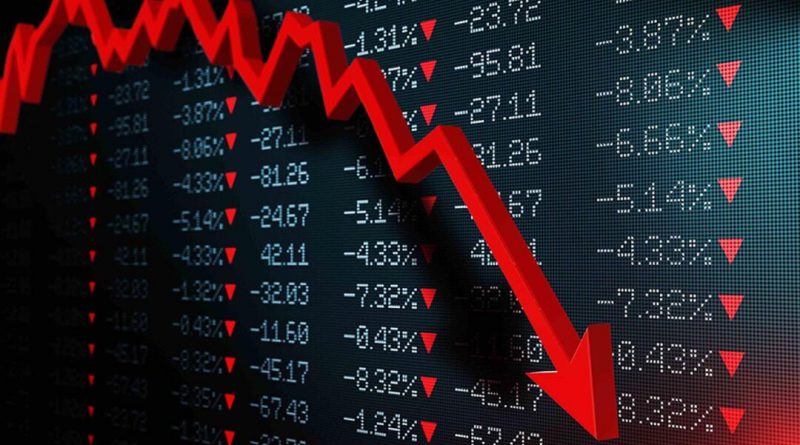Stocks dip as dollar rises after Fed’s Powell; Europe defence gains after Trump’s Ukraine comments
London (Reuters) – Stocks slid on Wednesday, echoing losses on Wall Street overnight, while the dollar rose broadly, after Federal Reserve Chair Jerome Powell fell short of confirming investors’ expectations that U.S. interest rates will decline sharply in coming months.
In Europe, defence stocks – one of the star-performing sectors this year – jumped (.SXPARO), after U.S. President Donald Trump said he believed Ukraine could retake all its land occupied by Russia, marking a sudden shift in rhetoric in Kyiv’s favour.
“After seeing the Economic trouble (the war) is causing Russia, I think Ukraine, with the support of the European Union, is in a position to fight and WIN all of Ukraine back in its original form,” he said in a social media post on Tuesday, although there was no sign of any actual change in U.S. policy.
Defence stocks such as Rheinmetall (RHMG.DE), Hensoldt (HAGG.DE), and SAAB (SAABb.ST),rose between 2-4.8%, although losses in financials kept the STOXX 600 (.STOXX), down around 0.4% on the day.
In a sometimes-meandering speech to the U.N. General Assembly, in which he rejected moves by allies to recognise a Palestinian state, Trump chastised Western nations for their approach to climate change and immigration, telling leaders “your countries are going to hell.”
While geopolitics have been a large driver for global markets this year, the focus for investors on Wednesday was firmly trained on the outlook for the U.S. economy and the likely path of U.S. interest rates.
The dollar rose broadly, leaving the euro , pound and yen in negative territory, pushing up the U.S. currency against a basket of six others by 0.35% on the day.
Powell, in remarks on Tuesday, largely stuck to the language used last week when the central bank cut its benchmark rate a quarter of a percentage point, to stress the need for policymakers to balance the competing risks of high inflation and a weaker jobs market in coming monetary policy decisions.
Given that traders are almost fully pricing in a rate cut in October, Powell offered little in the way of new direction for markets.



